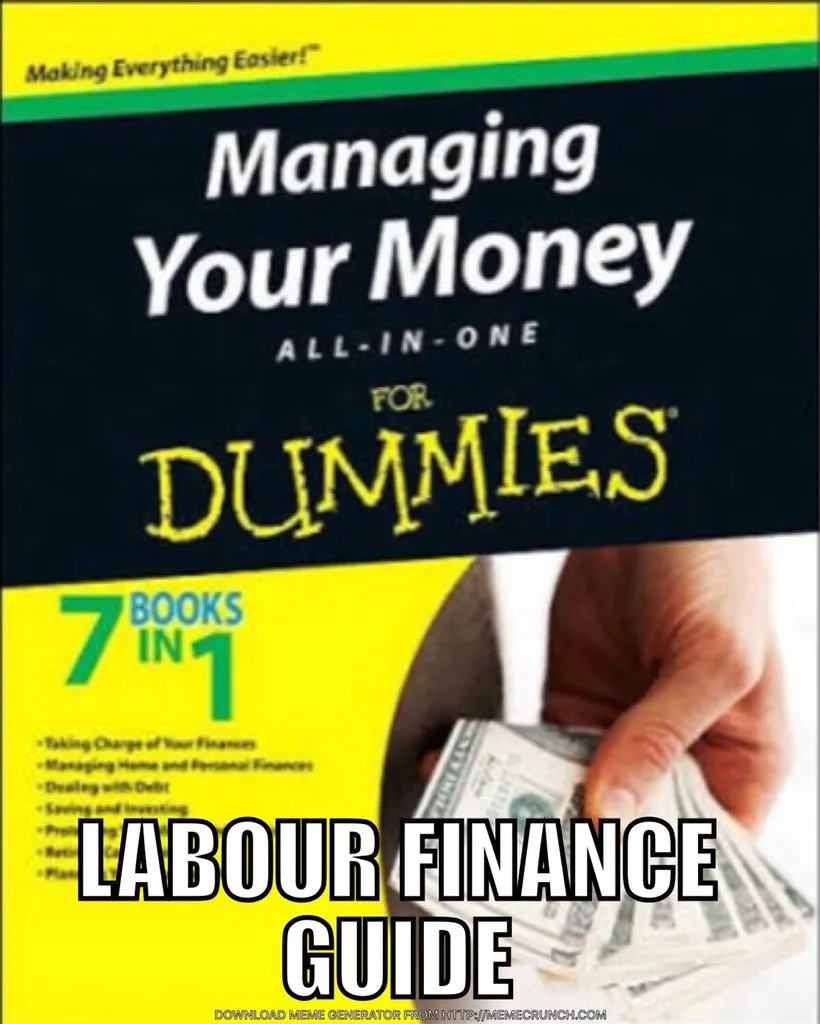Table of Contents

There is a lot of global uncertainty around at the moment, which is not doing much for economic resilience or business confidence. Brexit, China, the US… all are contributing to uncertainty about trade. For the March 2019 quarter, a net 29% of business owners were pessimistic about the economic outlook, compared to a net 18% in December last year.
It would be easy for the current government to point to global economic uncertainty as the reason for the drop in confidence, but that does not tell the whole story. The government has just introduced a whole raft of new rules which make life harder for business, particularly small businesses. First, there is the increase in minimum wage, to $17.70 per hour. Some jobs, particularly menial ones, are not worth that, but they still provide a starting point for young people to get on the employment ladder. Many of those jobs will no longer exist, as the employer is taking a big risk in employing someone with no work history, and at $17.70, that risk may be too great.
The government glibly announced that ‘business hates Labour governments’, as if that is the reason for the drop in confidence, but that is not so. Business dislikes Labour governments in general because they are poor stewards of the economy, and often favour the worker over the employer, forgetting that, without the employer, there are no jobs in the first place.
The government announced, with great fanfare last year, that it was setting up a business advisory council, headed by Jacindaphile Christopher Luxon, to deal with the question of business confidence. Even before the Christchurch shootings, we had heard absolutely nothing from this ‘council’ and with business confidence now in freefall, I guess it is not unfair to say that it hasn’t exactly achieved much.
Business confidence will not be improved by awarding workers in violent relationships an extra 10 days leave, by enforcing rigid break times, or by ending the 90-day trial period for businesses with more than 20 employees. These are not business friendly regulations.
Also, this government’s lack of experience and stunning failures (think Kiwibuild for one) does nothing to make local business think that they will be able to steer a course through the global turbulence that lies ahead. Winston Peters actually told us as much on Selection night. He admitted that, if things go pear shaped, they will not be able to do much about it. Yet John Key’s government steered the New Zealand economy through the worst economic times in decades, and we enjoyed relative prosperity while many countries struggled. That is economic stewardship.
By next year, there is a good chance that the government’s books (aka GDP, according to our economically savvy PM) will not be in great shape, and the need to increase the tax take somewhere along the line will become urgent. Campaigning on tax increases has always been political suicide, but this may mean that the government goes hard on the TWG’s report, knowing that it will need the additional tax revenue fairly soon.
A net 21% of businesses said their profitability is down in the March 2019 quarter, and a net 16% expect further decline. These are not good statistics for a government that likes to tax and spend.
At the moment, this government’s woeful economic stewardship is masked by constant coverage of Jacinda’s saintly response to the Christchurch shootings, and she is milking it for all it is worth. With good reason. Once the focus swings back to the economy and declining business confidence, the government will have no answers. They can wheel out the tired old mantra of business hating Labour governments, but this time, they will need to do more than that. They will need to demonstrate good reasons why business should NOT hate Labour governments.. and I’ll bet you my bottom dollar that they will never be able to do that. Never in a million years.





